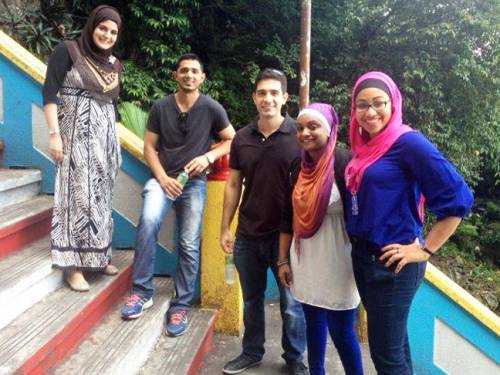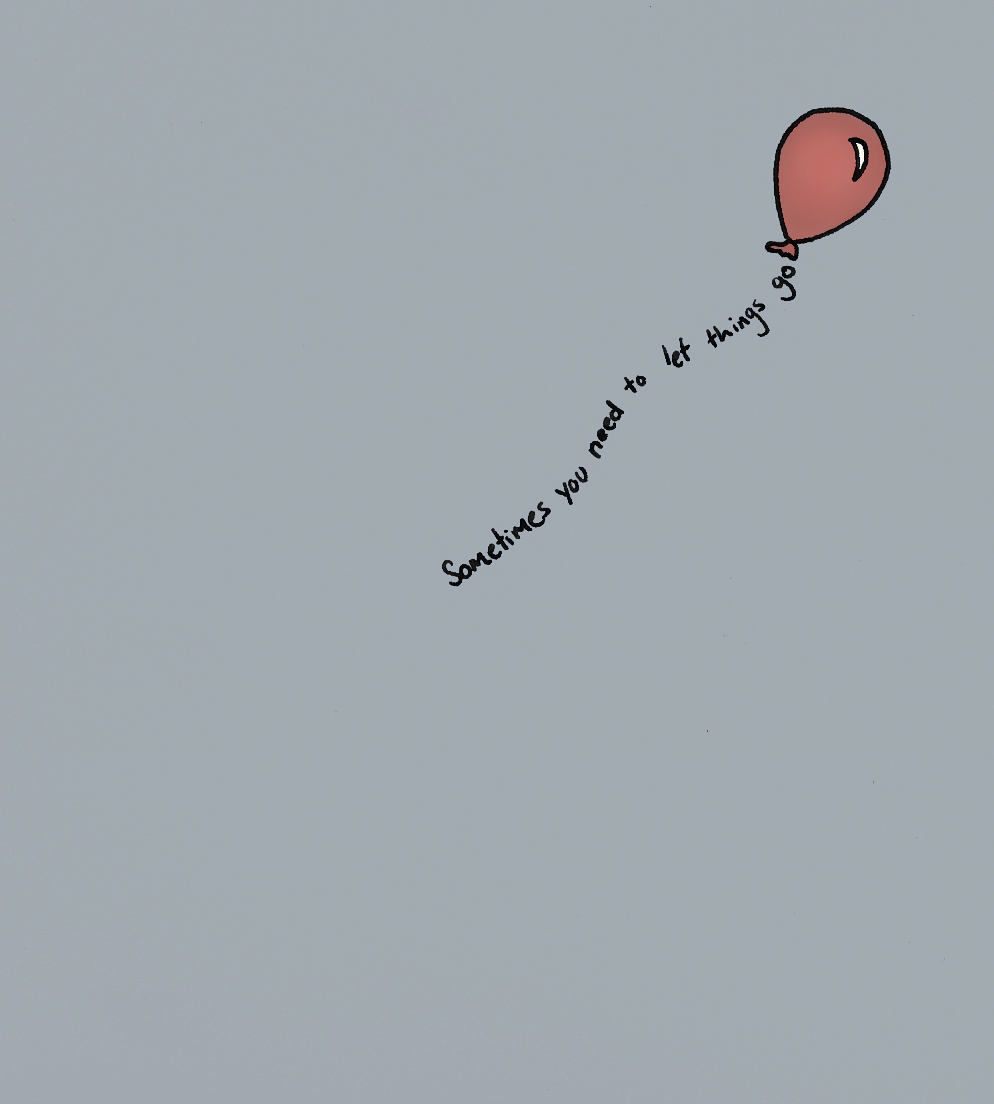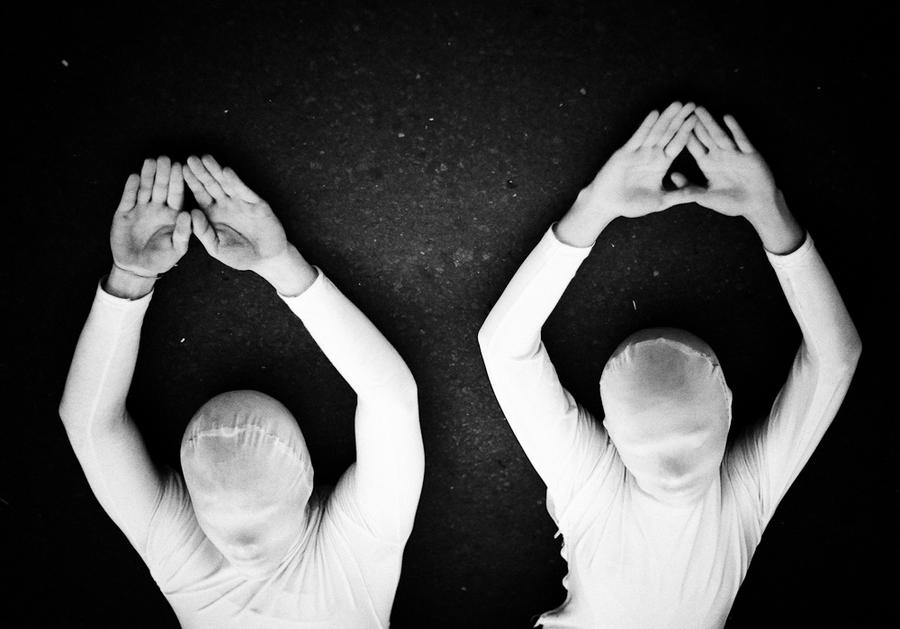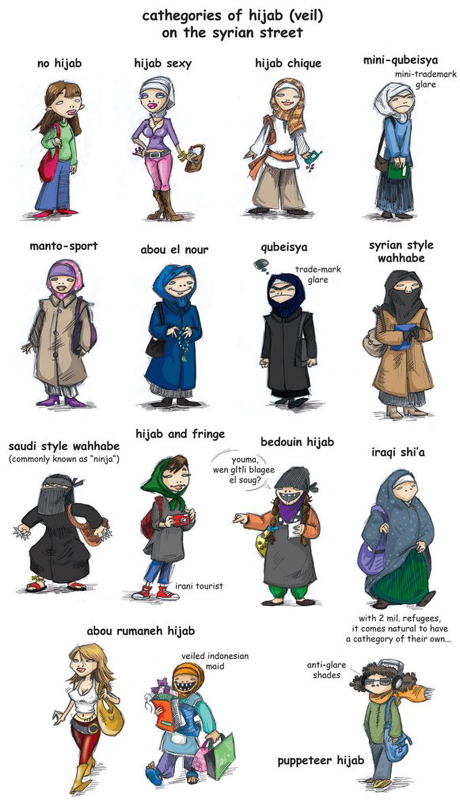What is it?
It is the 'Australian' sense of humour and the way we constantly, unapologetically and indiscriminately make fun of anyone and everyone - particularly each other. In fact, 'make fun' of each other might be putting it lightly. Perhaps 'take down a peg' or 'bring down to size' is a better description.
Where do you find it?
Well, everywhere on this great expansive continent! Hot spots include groups of mates, families, politicians...you name it, someone's got something to say about it.
***
No doubt this is a gross generalisation on my part and I only have my personal experience to draw from, but a comment from an Irish colleague recently caused a bout of reflection.
"Jeaysus! All you Aussies just cut each other down so badly, and it's really quite merciless!" he exclaimed (in his strong Irish tones).
What we see as 'group banter' was to him, something a little different. Group banter and joking around was one thing, but here? Well apparently, we all really had to have 'quite a thick skin'!
Now, this may perhaps be a reflection of the places where I have worked and studied - engineering, motor racing and the oil and gas rigs aren't the most forgiving environments by any stretch. So perhaps this a biased reflection.
The broader question that it brings up however, is worth paying attention to. Where is the line between 'team banter' or 'taking the piss', and true bullying and harrassment?
This is clearly a sensitive question to your 'average aussie bloke' (whatever an 'average aussie' is). Even broach the topic and the conversation generally turns to:
"Mate, do you live near a Bunnings?" Errr...yes? "Well go there, buy a bag of cement and harden up!".
There is a sense out here that if you should be handle and brush off whatever comes your way, and be able to dish out just as much. There is also a strong pushback against people being 'way too politically correct' and having people control what can and can't be said.
"Mate, I've had enough of this political correctness rubbish. It's gone way too far. We can't say anything!" is a common sentiment expressed, particularly amongst the older folk.
***
There are two issues at play.
One is the general Australian disregard for authority and heirachy. Anyone who thinks they know more or who has an answer for everything is cut down, or straight out ostracised. This is manifest especially among groups of friends, where the playful banter is often at the expense of someone else. By and large, this seems to be the expected and accepted way of life - whether it is politically correct or not. In fact, if anything is said, it is usually put down to an individual being too sensitive.
Whether or not that needs to change, or whether changing that would be unAustralian is food for thought.
The second issue is the line between banter and bullying. Particularly in male dominated environments, the banter is seen as a part of asserting ones masculinity and to earn kudos (?) with the group. I see it happen often in front of me and find myself often thinking - at what point is this no longer funny?
It is no longer funny when the person can't handle it, when it defeats them personally, reduces them and their self esteem and when you feel it isn't right. Banter is one thing, but to have fun at the expense of others - no matter how funny you may find it - is still bullying.


 Defining ‘Australia in the Asian Century’ has been the subject of some debate since the release of the Federal Government’s White Paper in October last year. But how much do we know about the neighbourhood we are calling our own?
Defining ‘Australia in the Asian Century’ has been the subject of some debate since the release of the Federal Government’s White Paper in October last year. But how much do we know about the neighbourhood we are calling our own?








 A small incident occurred in my life a couple of weeks ago that I had trouble processing.
A small incident occurred in my life a couple of weeks ago that I had trouble processing.

